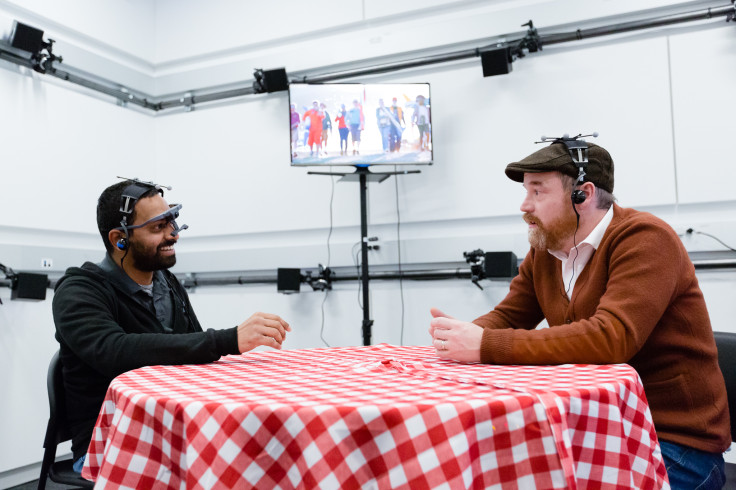AR glasses from Facebook reportedly help users improve their perception
While most VR or AR research focuses on graphics, motion tracking, and immersive experiences, this one is geared towards audio.
Augmented reality (AR) has been touted as a game-changing technology with industrial and commercial applications. However, over the years, it has been mainly used for games and photography. One the other hand, Microsoft has promoted the platform with its mixed reality headsets, but the premium pricing is perhaps its biggest caveat. Facebook hopes to offer a groundbreaking approach with an advanced pair of AR glasses that will reportedly grant the user "perceptual superpowers."
In an official blog post by the social networking company's Technology Communications Manager Lisa Brown Jaloza discussed the project. While most virtual reality (VR) or AR research focuses on graphics, motion tracking, and immersive experiences, this one is geared towards audio. Images of the device show what appears to be smart glasses, but there are no lenses that could be seen. Instead, the team just used the frame to mount headphones, microphones, and several sensors.
Using cutting-edge algorithms, the AR device determines the direction and the object that the wearer is looking at. It then uses the directional microphones to enhance the audio from the target and lower the all ambient noise from other sources. Experts from Facebook's Reality Lab Research hopes to "create virtual sounds that are perceptually indistinguishable from reality and to redefine human hearing."
"You can imagine a future in which this technology could also let me speak to my AI assistant quietly, even in a noisy room, giving me more privacy and security, and preventing people nearby from being mistakenly picked up by my assistant or a call," noted Jaloza. "Eye movement tracking is one of several solutions we're exploring to understand what a person wants to hear."
The researchers understand that users and the tech industry has expressed concerns about privacy especially when microphones and artificial intelligence are involved. The developers are reportedly aware of this potential problem and are "already thinking about potential safeguards" that can be implemented to prevent it.

Unlike VR headsets that have been widely adopted, consumers continue to have reservations against AR. Facebook is not the only group that is developing the technology. In fact, even after Google's first venture into augmented reality ended up a commercial failure, it is ready to invest on another one. Finally, Apple is likewise rumoured to announce its own AR glasses this month.
© Copyright IBTimes 2025. All rights reserved.





















